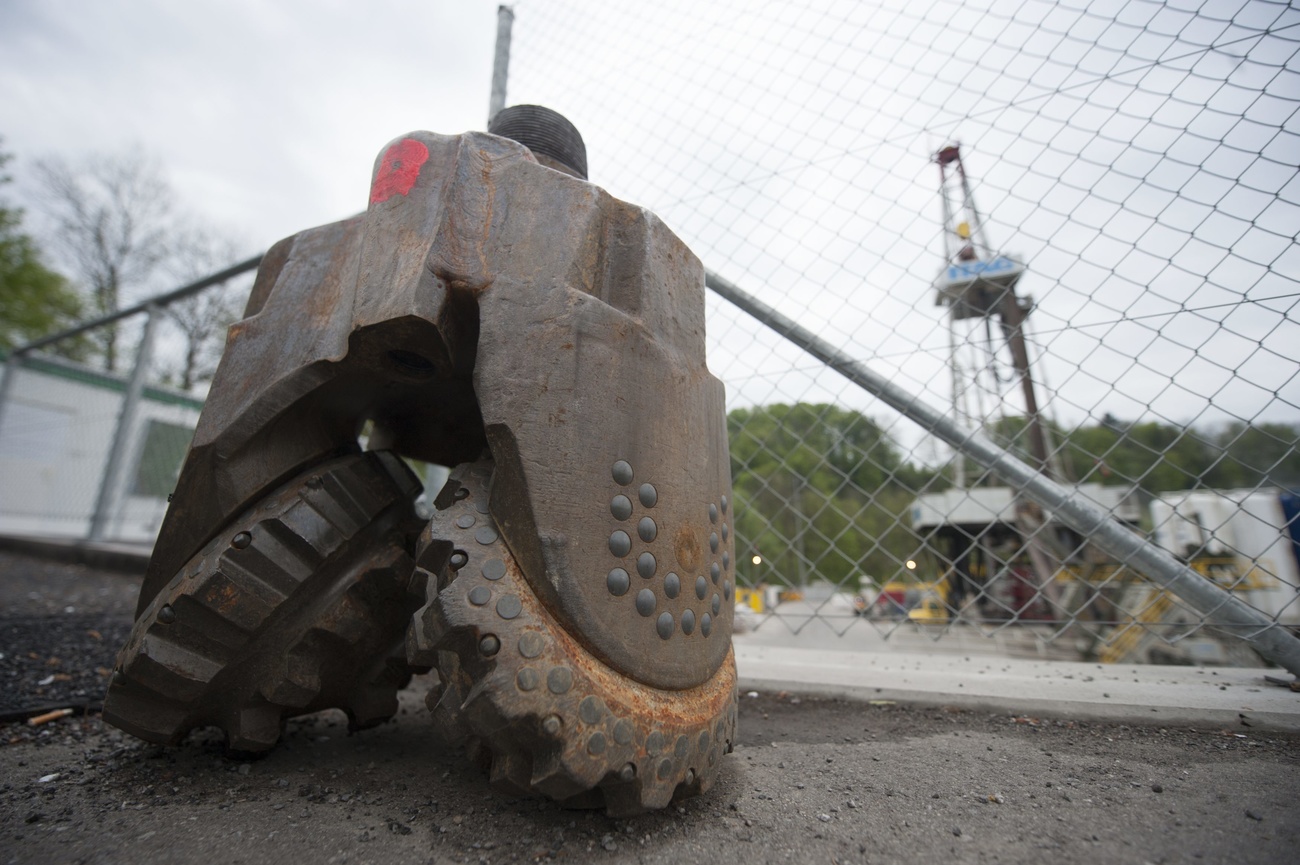
Swiss get 75% of power from renewable sources

Last year three-quarters of the electricity from Swiss sockets came from renewable sources, with 66% from large-scale hydropower plants.
Photovoltaics, wind, small-scale hydropower and biomass provided 8.4% of the nation’s power – one percentage point higher than in 2018, announced the Swiss Federal Office of Energy on Monday.
Nuclear power plants supplied 19.1% of Switzerland’s electricity in 2019, while waste incineration provided just under 2%. The rest could not be verified.
From 2020, electricity from unverifiable sources – called grey electricity – will no longer be permitted. According to the energy office, large consumers will increasingly switch to domestic nuclear energy. Last year, the share of nuclear electricity in the supply mix increased compared to 2018, when it was 17.3%. In comparison, the proportion of imported coal-fired electricity dropped from 1% to 0.5% between 2018 and 2019.
The electricity produced within Switzerland is 56.4% hydroelectric, 35.2% nuclear, 2.6% fossil fuel-generated and just under 6% from new renewable energies.

More
Switzerland continues to bet on geothermal energy

In compliance with the JTI standards
More: SWI swissinfo.ch certified by the Journalism Trust Initiative



























You can find an overview of ongoing debates with our journalists here . Please join us!
If you want to start a conversation about a topic raised in this article or want to report factual errors, email us at english@swissinfo.ch.